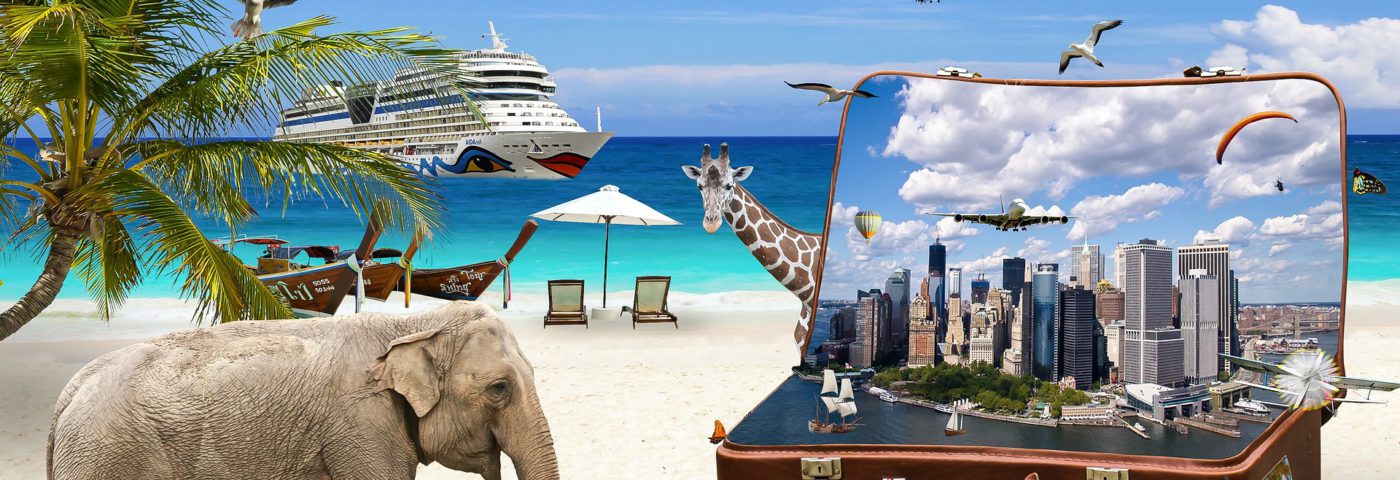“Sous les pavés, la plage!” shouted the protestors in Paris in 1968. Under the pavement lies the beach. It was a much graffiti’d slogan of the situationists and students as they challenged a society that they saw becoming increasingly alienated from one another and from nature, and retreating into an overreliance on inauthentic spectacle.
Fast forward to now, and society is trapped in enforced separation, maintaining our connection by video calls, swapping ‘nature is healing’ memes on social media. Dolphins are swimming in Venice! Penguins are walking on the high street.
In 1967 the protestors dug up paving stones and saw how Paris lay on sand. In recent years, summer at the Seine – as in many cities – has seen the opening up of temporary urban beaches as tourist attractions. Often these beaches charge an entry fee. The revolution will be productised.
Paris is now rethinking much of the Champs Elysees as an urban garden. In Barcelona there are plans to transform streets in the busy Eixample district into a green traffic free zone. “At these crossroads, where now you only see cars, you will see an urban forest, a square for children”, Janet Sanz, Barcelona’s deputy mayor for ecology, urban planning and mobility, told Reuters. “You’ll see how we can get rid of the tarmac…”
“Soyez réalistes, demandez l’impossible” read another iconic graffito from Paris in 1968. Be realistic, demand the impossible.
Many years ago Polly Higgins started to demand the impossible. Back in 2009, Polly left a successful career as a lawyer to focus on environmental advocacy, spending years lobbying the United Nations Law Commission to recognise ecocide as an international crime. She defined ecocide as: “The extensive damage to, destruction of or loss of ecosystems of a given territory, whether by human agency or by any other causes, to such an extent that peaceful enjoyment by the inhabitants of that territory has been severely diminished.”
Tragically Polly died, aged just 50, in 2019. Yet with every year that passes the work that she began gets closer to realisation. On January 20 this year, the European Parliament called for the recognition of ecocide as an international crime. And here in France environmental damage was made a crime last year, and this month the country’s government was found guilty of climate inaction for not doing enough to reach its commitments as agreed in the Paris agreement of 2015.
A few days ago the UK government released the The Economics of Biodiversity: The Dasgupta Review. It’s the first time a national finance ministry has authorised a full assessment of the economic importance of nature. The review finds that, at a time when biodiversity is declining faster than at any time in human history, we continue to subsidise activities that further destroy nature to the tune of around $4tn-$6tn a year.
“Our long-term prosperity relies on rebalancing our demand of nature’s goods and services with its capacity to supply them,” says the report. “It also means accounting fully for the impact of our interactions with nature across all levels of society. Nature is our home. Good economics demands we manage it better.”
Our relationship with nature is so broken that we need to write laws to protect our ‘peaceful enjoyment’. We are so unable to appreciate the real value of birdsong that we need to put a price on the forest to justify the ‘good economics’ of protecting our ‘natural capital’.
This paradox lies at the heart of tourism. A shark or elephant kept alive will bring in more money through tourism than they will sold dead on a market. Tourism finances the protected spaces, the hunting patrols, the beach clean ups. People seek holidays in nature, and the experiences we sell bring them closer to it.
So far so good, but the laws and the economics will only get us so far. There is also a deeper problem in how we commodify these most valuable of human experiences, put prices on them and sell them back.
This is best captured in the endless repetition of the statistic that tourism is important because it is supposed to be responsible for 10% of GDP.
GDP is a measure of productivity. How can it possibly assess the value of a holiday – of time treasured for its lack of productivity? If GDP is the measure of tourism’s success, then the more expensive tourism becomes, the more ‘successful’ we will be. Our value to GDP will have increased.
But this success will come at the cost of excluding more and more people from the deeper value that a holiday delivers. More people will be alienated from nature.
The beach is free for everyone to play on. When we charge for access, does that value go up, or down?

